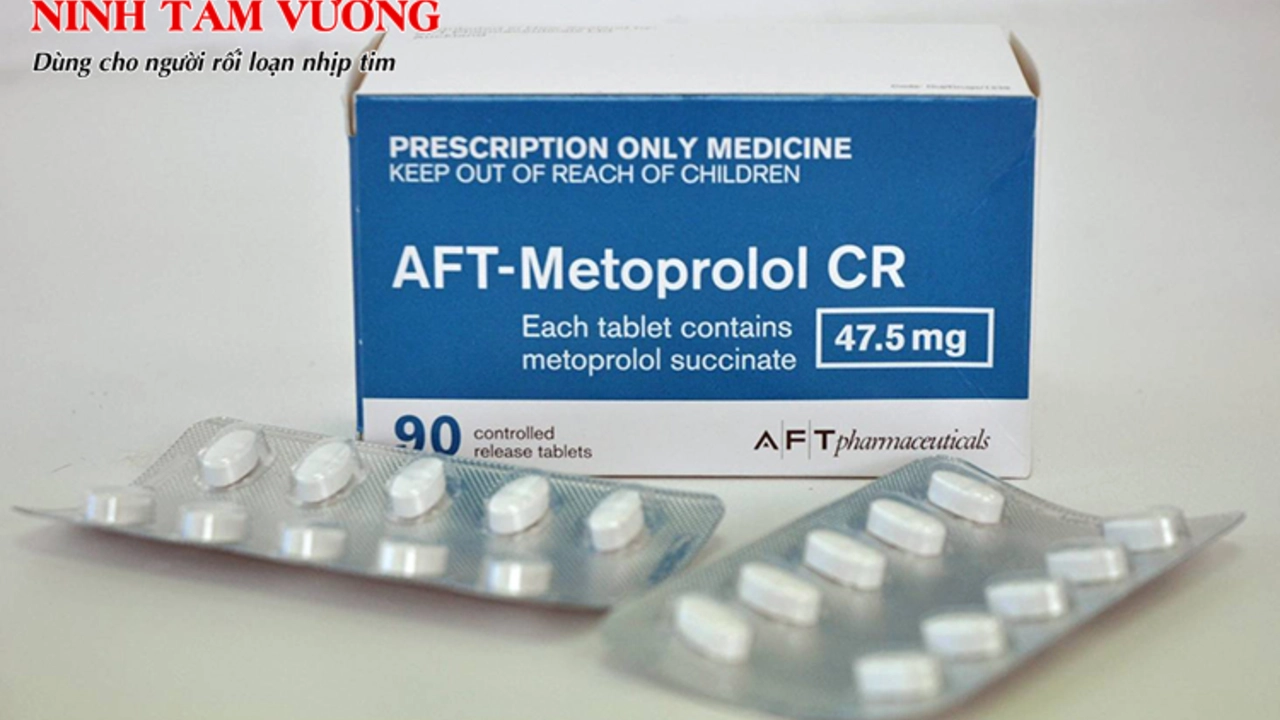Nebivolol: a simple guide to how it works and what to watch for
Want a beta blocker that lowers heart rate and helps blood vessels relax? Nebivolol does both. It’s a cardioselective beta-1 blocker with an extra effect that releases nitric oxide, which widens arteries. That combo can mean less fatigue and better blood flow for some people.
Nebivolol is commonly prescribed for high blood pressure and, in some countries, for chronic heart failure. You’ll see it under brand names like Bystolic (US) or Nebilet (Europe) or as a generic nebivolol tablet.
How to take nebivolol
Usual starting dose for adults with high blood pressure is 5 mg once daily. Doctors may lower it to 2.5 mg or raise it to 10 mg based on how you respond. Take it the same time every day, with or without food. If you miss a dose, take it as soon as you remember unless it’s almost time for the next dose—don’t double up.
If you’ve been on other blood pressure drugs, your doctor will adjust doses slowly. Don’t stop nebivolol suddenly; stopping fast can make chest pain or heart rhythm issues worse. Most doctors recommend tapering over 1–2 weeks.
Common side effects and safety tips
Most people tolerate nebivolol well, but watch for these common effects: low heart rate (bradycardia), dizziness, headache, tiredness, and nausea. If you get fainting, very slow pulse (<50 bpm), trouble breathing, or swelling, contact your doctor or seek emergency care.
Use caution if you have asthma or severe COPD. Nebivolol is more selective for the heart than older beta blockers, so breathing effects are less likely, but they can still happen. People with diabetes should note that beta blockers can mask low-blood-sugar symptoms like a fast heartbeat; keep an eye on glucose levels.
In liver impairment, doses may need lowering. Nebivolol is mainly processed by CYP2D6, so certain drugs can raise its level. Notable interactions: strong CYP2D6 inhibitors such as fluoxetine or paroxetine, and heart-rate lowering drugs like verapamil, diltiazem, clonidine, or digoxin. Combining these can cause marked bradycardia or low blood pressure.
Pregnancy and breastfeeding: discuss with your doctor. Beta blockers can affect the fetus or newborn, so doctors weigh risks and benefits carefully.
Before starting, tell your clinician about all medications and medical conditions—especially heart block, very low blood pressure, severe liver disease, or serious breathing problems.
Monitoring is simple: check blood pressure and pulse regularly, and report dizziness or fainting. If your blood pressure stays high on nebivolol, your doctor may add or switch medications.
Want a quick recap? Nebivolol lowers heart rate and relaxes arteries, is usually 5 mg once daily, can cause slow pulse or dizziness, interacts with some antidepressants and heart drugs, and should be stopped slowly. Talk with your doctor or pharmacist to make sure it’s the right choice for you.

